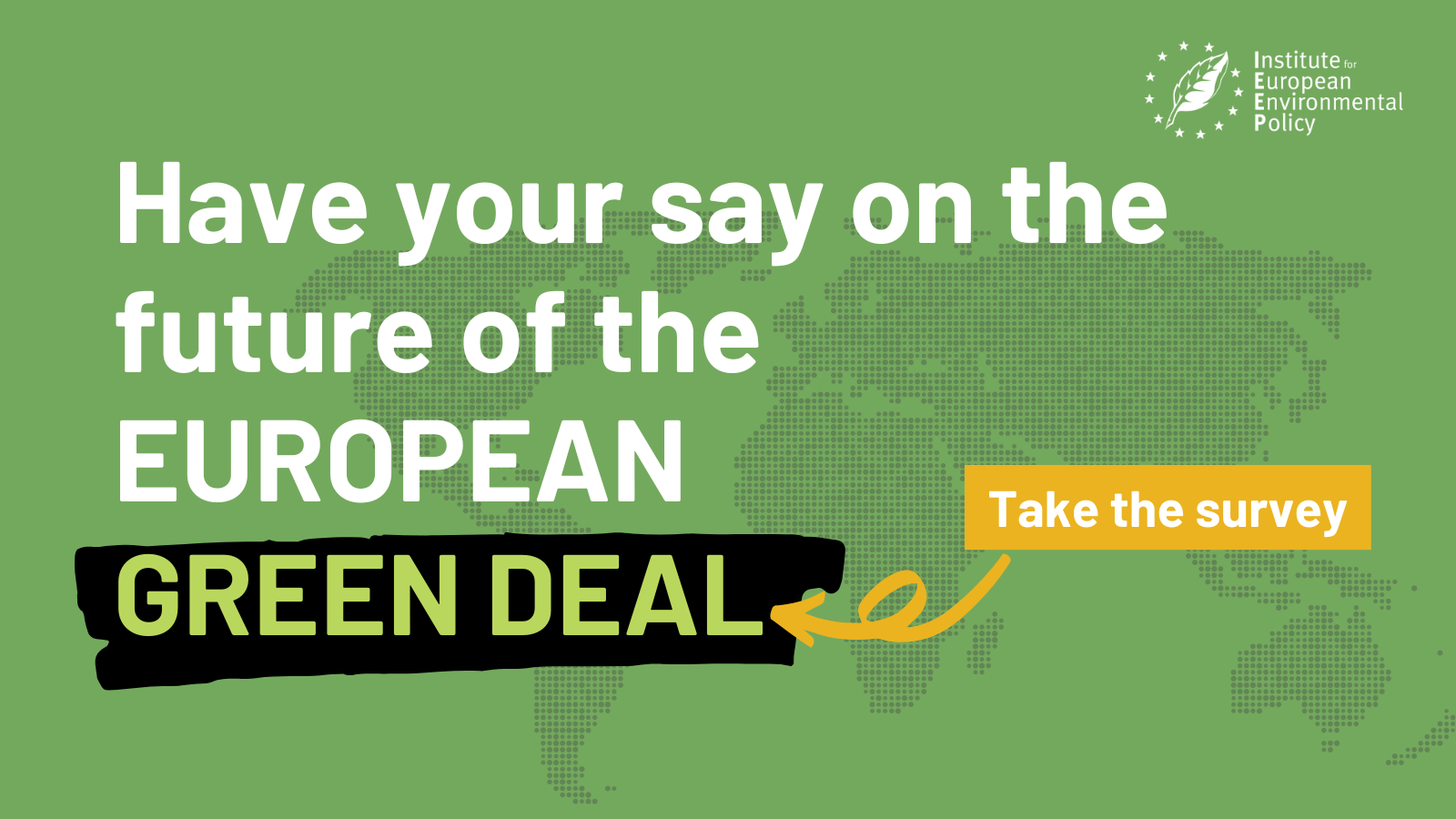The referendum result on 23 June has opened an uncharted new phase in European policymaking. Though it was not a prominent issue during the referendum debate, the environment could become a collateral victim of negotiations which are likely to be dominated by freedom of movement and market access, especially in a context of sluggish growth. It is therefore vital to ensure that green outcomes are protected both in the UK and in the remaining EU Member States. IEEP will be working at both EU and UK level to help policymakers plot a course which protects the environment.
IEEP is already working with environmental stakeholders in the UK to identify the risks and opportunities from a UK departure from the EU. As our earlier reports for UK NGOs and for the All-Party Parliamentary Group on the Environment set out, the risks clearly outweigh the opportunities. However, policymakers now need to maximise the potential benefits and avoid the downside risks. In particular, while we identified downsides relating to nature legislation in particular, they are not inevitable; the outcome will depend on the choices made by UK and EU negotiators, and by UK ministers in their future decision-making.
In the meantime, a number of inquiries and public events are cropping up. The Westminster Parliament’s House of Lords EU sub-committee held an evidence session in July with a group of experts including IEEP’s Head of Environmental Governance, Martin Nesbit. The Committee was clearly struck by the size of the challenge ahead in securing an effective transition on environment policy, fisheries, and agriculture. Martin emphasised in particular the risks of a hard exit without a negotiated agreement, and the importance of EU enforcement mechanisms in ensuring that Governments deliver on their environmental commitments.
Also in July, the Royal Geographical Society organised a Q&A event for UK politicians leading on environment issues, with IEEP’s Martin Nesbit also on the panel; the event revealed real audience concern about the threats, and a lack of clear answers on the UK’s likely negotiating stance and future policy direction. IEEP will be continuing to work in the UK and across the EU to improve public understanding and awareness of the challenges the UK’s departure poses for environmental policy.
We will also, of course, be thinking through the implications for IEEP itself. IEEP has always drawn its strengths from across the EU Member States, based initially in Germany then in London, with a Brussels office and a talented team with a range of nationalities. The appointment of Céline Charveriat as Executive Director, based in our new Brussels office at Rue de la Science, already emphasises that. We are likely to need to formalise that direction by strengthening our corporate structure in Belgium, in addition to retaining our UK entity and are looking into opportunities to strengthen our presence in other member states.



